Musk’s endorsement of Trump sparks Democratic attacks
- Update Time : Tuesday, September 3, 2024
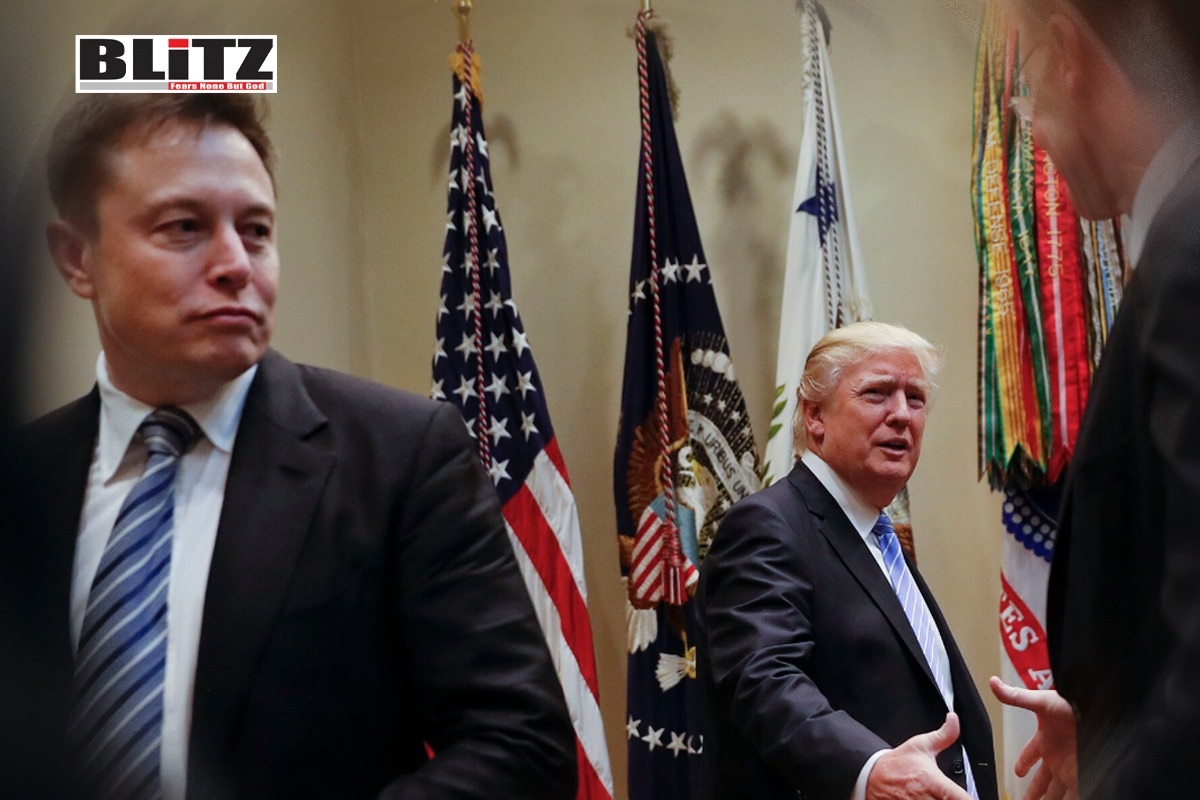
In a political season marked by surprising alliances and shifting loyalties, the endorsement of former President Donald Trump by tech mogul Elon Musk was intended to electrify the 2024 presidential race. Announced on July 13, Musk’s backing of Trump seemed poised to deliver a formidable combination of wealth, media influence, and Silicon Valley clout to the Trump campaign. However, the aftermath has been anything but smooth, as the endorsement has triggered a series of Democratic attacks that have exposed vulnerabilities rather than bolstering Trump’s candidacy.
Elon Musk’s endorsement was expected to be a game-changer for Trump. Coming on the heels of an assassination attempt that Trump narrowly survived, Musk’s support was meant to convey a message of strength and resurgence. The tech billionaire’s backing suggested that Trump had won over a significant portion of America’s entrepreneurial and technological elite. Musk, with his unprecedented mix of wealth, celebrity, and media reach, was arguably the most high-profile endorsement of the election cycle. His endorsement promised not only financial backing but also the powerful amplification of Trump’s message through Musk’s social media platform, X (formerly Twitter).
However, the weeks following the endorsement have been marked by missteps and controversy. Public disagreements between Musk and Trump over financial contributions, internal shake-ups within Musk’s Super PAC, and the reluctance of other tech donors to follow Musk’s lead have all contributed to a sense of disarray. These issues have been compounded by the Democrats’ strategic use of the endorsement to highlight Trump’s perceived weaknesses, particularly his stance on labor issues.
The Biden-Harris campaign and its allies have seized on Musk’s endorsement as a key talking point, framing it as a symbol of the Trump campaign’s disconnect from working-class Americans. Kamala Harris’s campaign quickly capitalized on a public exchange between Musk and Trump during a live discussion on X, in which the two laughed about firing striking workers. The Harris campaign labeled Musk and Trump as “self-obsessed rich guys” and used the incident to reinforce the narrative that Trump’s policies are out of touch with the needs of ordinary Americans.
This narrative has been echoed by prominent figures in the labor movement, including Shawn Fain, the president of the United Auto Workers (UAW), and Sean O’Brien, general president of the International Brotherhood of Teamsters. Their criticism has been sharp, with O’Brien describing the Musk-Trump comments as “economic terrorism.” The UAW even filed unfair labor practice charges against both Musk and Trump, alleging interference with workers’ rights. Acting Labor Secretary Julie Su also weighed in, asserting that “You can’t be pro-Elon Musk and pro-worker,” further underscoring the Democratic campaign’s efforts to tie Trump’s candidacy to anti-labor sentiments.
While the endorsement was meant to bolster Trump’s appeal, particularly among tech-savvy and libertarian-leaning voters, it has also provided the Democrats with ample ammunition to target Trump’s labor record. The Democrats are leveraging this endorsement to draw parallels with their successful strategy in 2012, where they portrayed Mitt Romney as indifferent to job cuts and workers’ rights. Democratic strategists see an opportunity to portray Trump and Musk as plutocrats, out of touch with the struggles of working Americans, particularly in key battleground states like Michigan.
This strategy appears to be resonating, at least to some extent. A Fox News poll conducted in mid-August found that Harris led Trump by 10 points among people living in union households. Republican strategists acknowledge that the Democrats’ message could potentially land in strong union states, although they remain skeptical about its overall impact.
Musk’s record on labor rights is well-documented and has been a focal point of the Democratic attacks. He has a history of opposing organized labor and has faced numerous allegations of illegal anti-worker activities at his companies, including Tesla and SpaceX. In 2018, Musk infamously tweeted that unionized Tesla workers would lose their stock options, a move that Tesla’s lawyers defended as protected “employer speech.” Musk’s battles with the National Labor Relations Board (NLRB) have only added to his reputation as a corporate leader who prioritizes profit over workers’ rights.
This anti-labor image is now being used to undermine Trump’s efforts to maintain ties with organized labor, a group that has historically been skeptical of Republican candidates but has seen some outreach efforts from Trump during his presidency. Seth Harris, a former labor policy adviser to President Joe Biden, argues that Musk’s endorsement has made it harder for Trump to maintain any ambiguity on the subject of labor unions. By praising Musk’s anti-union stance, Trump has, in Harris’s view, “unmasked” himself as “rabidly anti-union.”
Despite Musk’s significant social media influence and his status as one of the world’s most prominent entrepreneurs, there are questions about how much his endorsement will sway voters. Historically, endorsements from celebrities or business magnates have had limited impact on general elections, especially in a polarized political environment. While Musk’s endorsement may resonate with a specific subset of techno-libertarian voters, it is unlikely to shift the broader electorate significantly.
David Nasaw, a historian and biographer of business magnates, draws a parallel between Musk and media baron William Randolph Hearst, who failed to translate his media empire into political influence during the 1936 and 1940 elections. Nasaw suggests that, like Hearst, Musk’s aspirations to influence the political landscape may be hampered by a lack of trust among voters. While Musk’s technological achievements are widely recognized, they do not necessarily translate into political capital.
Moreover, recent polls indicate that Musk’s influence may be limited. A USA Today/Suffolk University poll from May ranked Musk as only the sixth most influential celebrity in terms of political endorsements, with his influence largely confined to Republican voters. This suggests that while Musk’s backing may reinforce Trump’s support among his existing base, it is unlikely to attract new voters from outside that base.
Elon Musk’s endorsement of Donald Trump was intended to be a major boost for the former president’s 2024 campaign, but it has instead highlighted divisions and vulnerabilities within the Trump campaign. The endorsement has galvanized Democratic attacks, particularly around labor issues, and has raised questions about the effectiveness of celebrity endorsements in a deeply polarized political environment.
As the election approaches, the Musk-Trump alliance may continue to be a double-edged sword, offering both potential advantages and significant risks. While Musk’s endorsement may energize Trump’s core supporters, it also provides Democrats with a potent line of attack that could resonate with key voter groups, particularly in swing states. Whether this alliance will ultimately help or hinder Trump’s chances in November remains to be seen, but it is clear that it has already reshaped the dynamics of the 2024 presidential race.




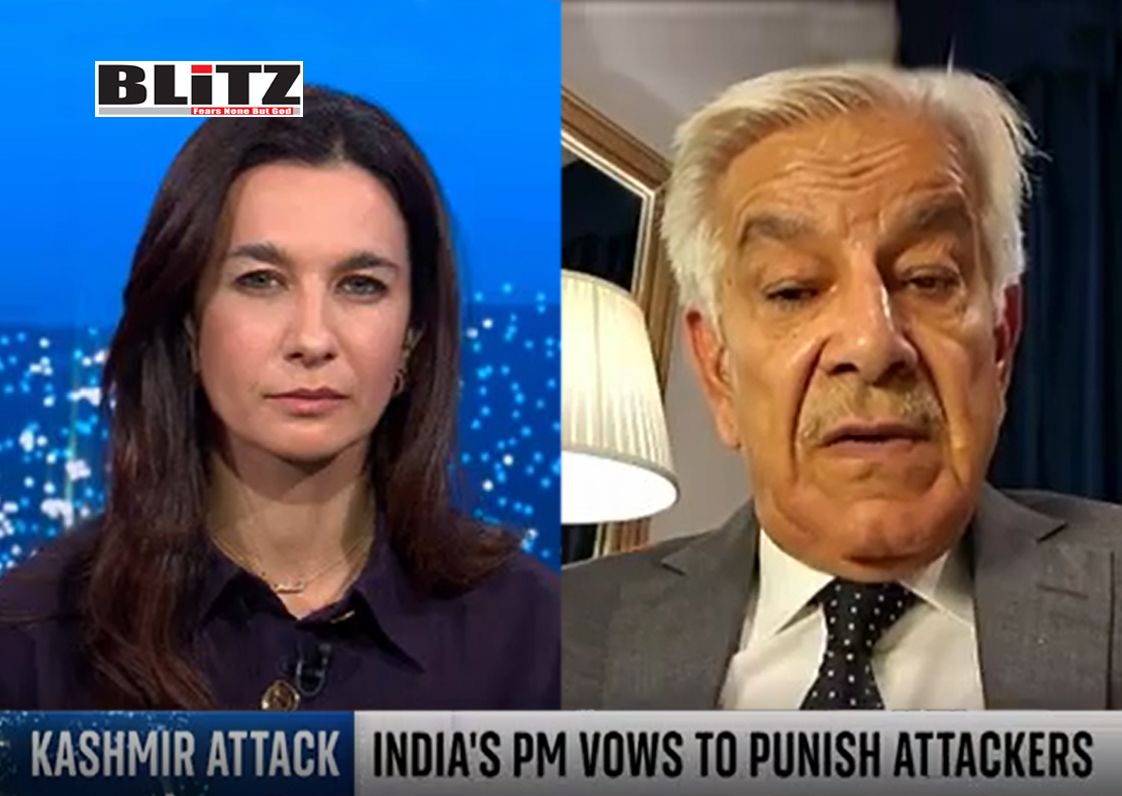
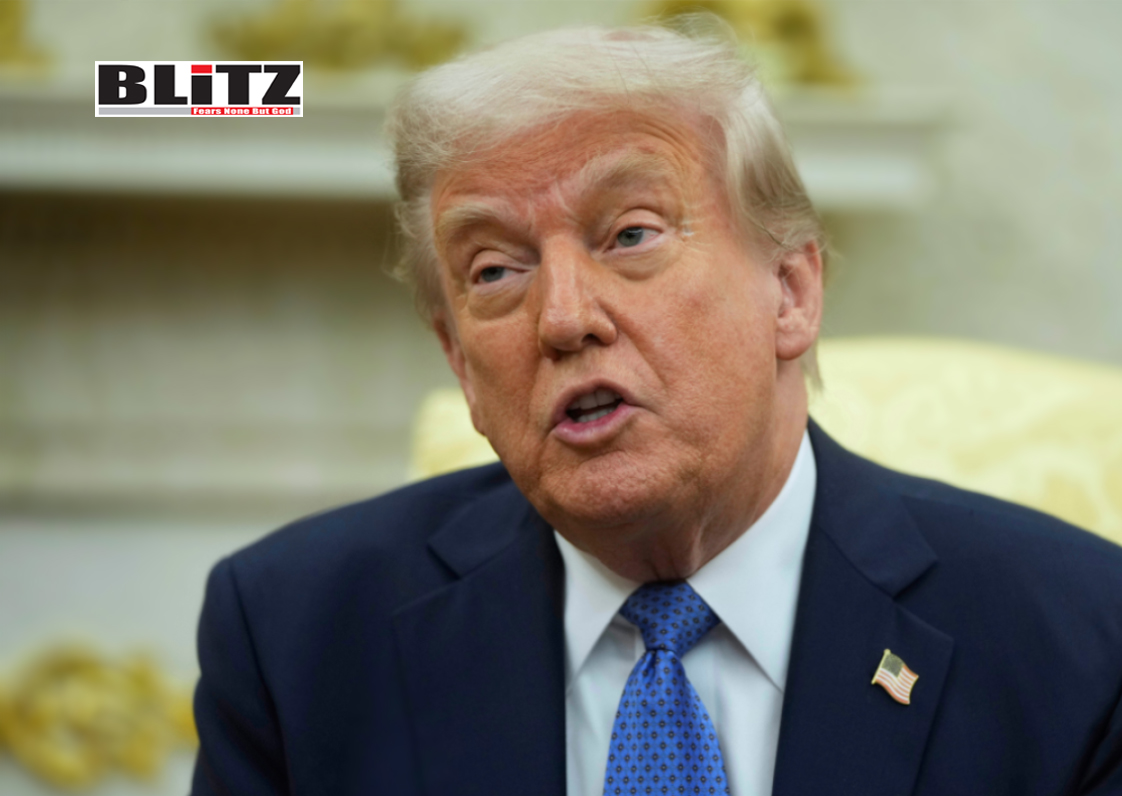
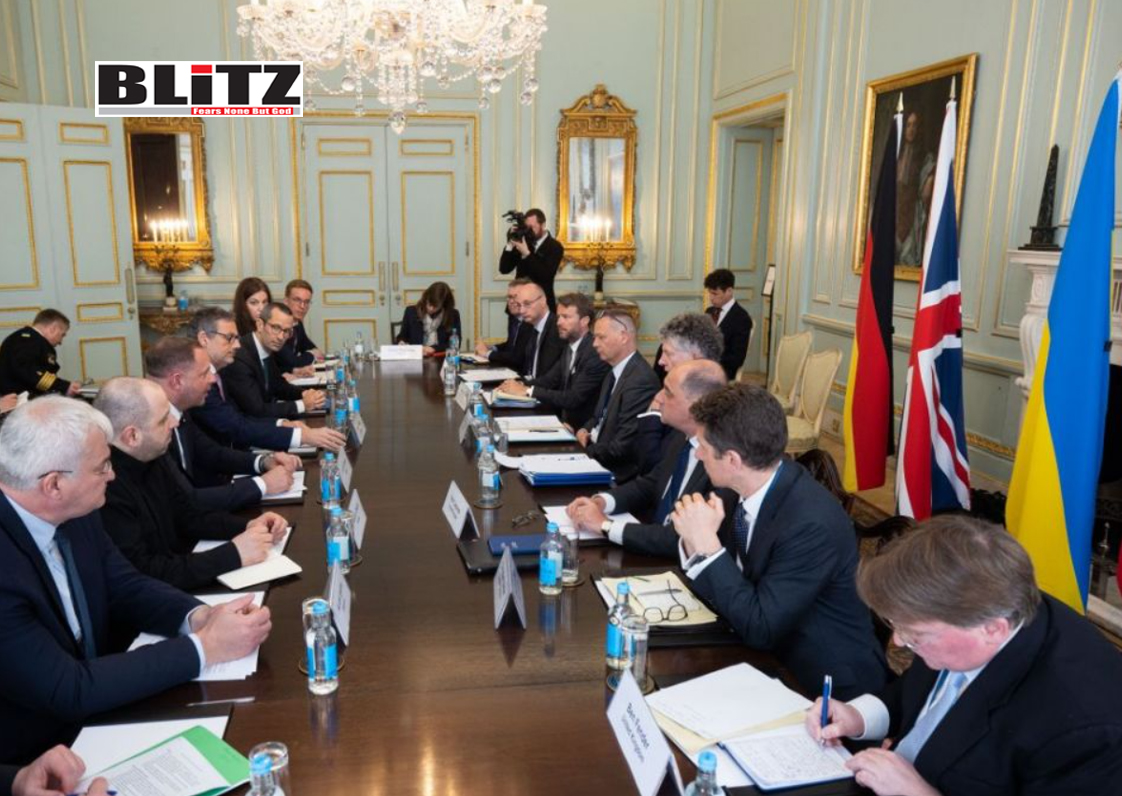
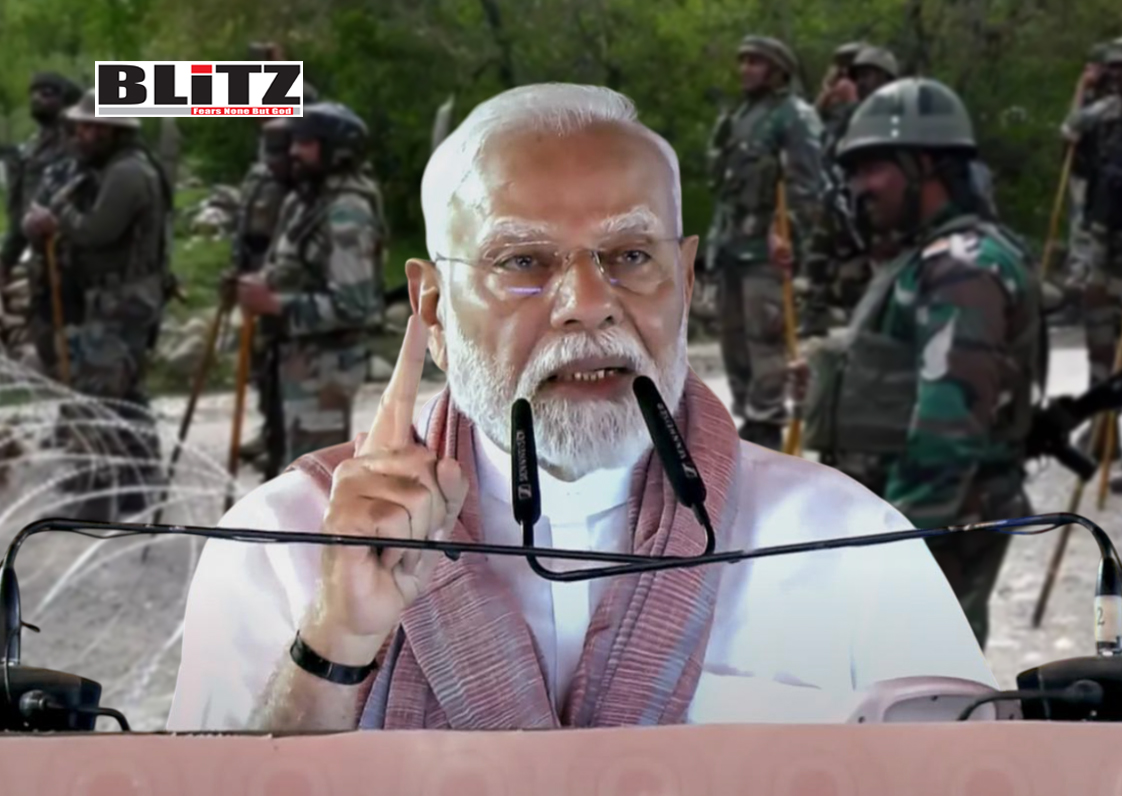

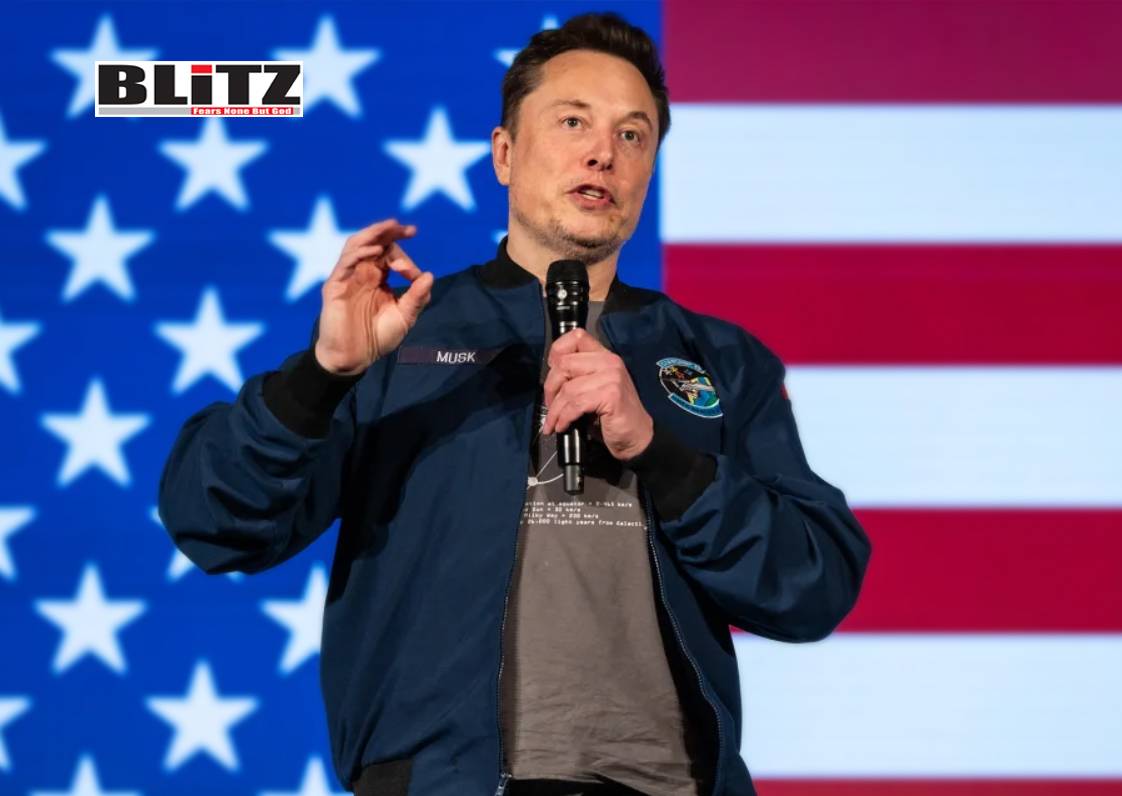



Leave a Reply